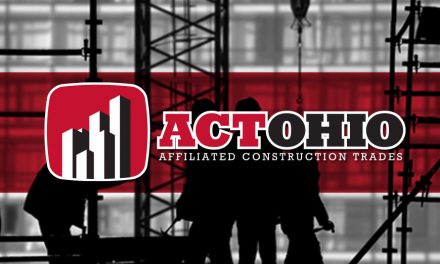In a report from the School Building Authority (SBA) of West Virginia dated March 2017, Director of School Planning and Construction Scott Raines highlighted the impact – or LACK of impact – on construction costs by West Virginia’s repeal of Prevailing Wage on school projects.
“The overall cost of school construction does not reflect a reduction in overall construction costs on SBA Projects at this time,” Raines wrote in his report. “At this time, the SBA is not realizing an overall savings that would allow for the ‘construction of five schools for the price of three’ as some have previously claimed.”
Raines included detailed spreadsheet with his report, showing labor wage rates both before the repeal (2015) and after. “As you can see from the comparison,” said Raines, the wages paid to employees post repeal are lower than those paid prior to the repeal. These differences are pretty dramatic depending on the classification of the employee.”
Plumbers/Pipefitters, for instance, were paid an average of $22.54/hour less post-repeal, and Sheet Metal Workers saw an average drop on wages of $13.36. Every craft saw some loss of wages, ranging from $5.88 per hour to $22.54 per hour.
This report is an example in action of the “Race to the Bottom” argument often sited by Prevailing Wage advocates, like ACT Ohio. Cutting a journeyperson’s wages – sometimes by more than half – is a sure way to land more skilled craftsmen and women on public assistance; ultimately costing taxpayers infinitely more than paying Building Trades workers the Prevailing Wage.


